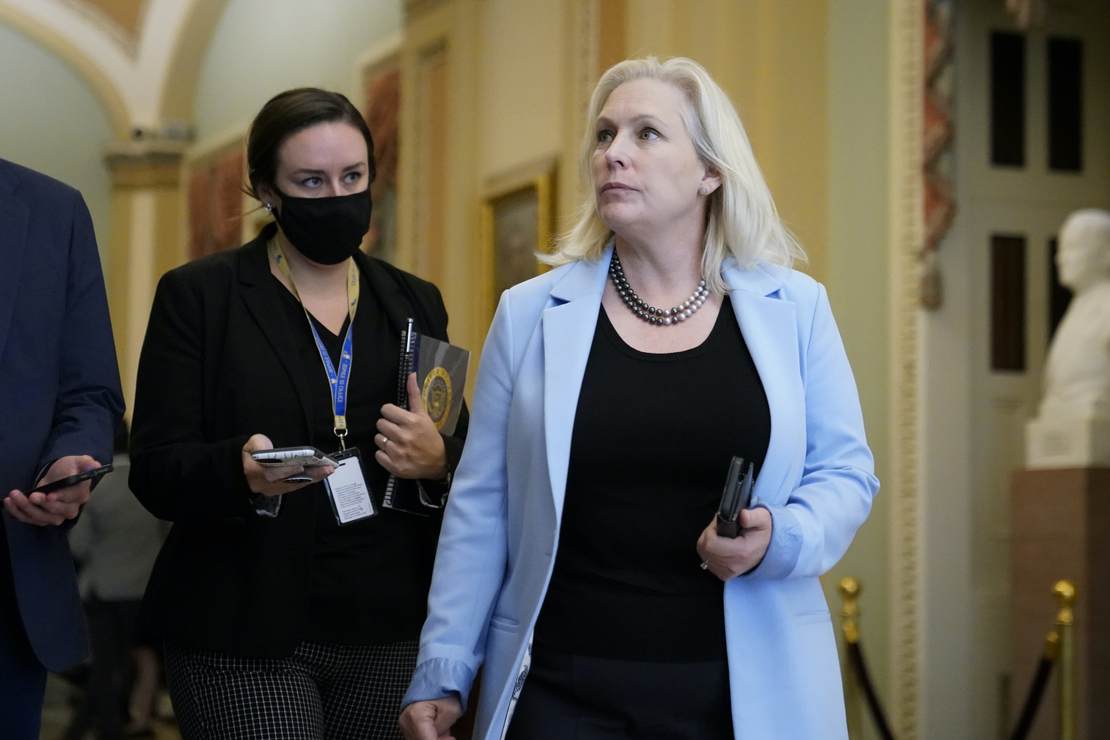
As we’ve discussed here in the past, the Pentagon’s Advanced Aerospace Threat Identification Program (AATIP), created to study observed incidents of unidentified aerial phenomena (UAPs or just UFOs), was replaced by the UAP Task Force, and then by a new office with the annoyingly unpronounceable acronym of AOIMSG. All of the congressional activity revolving around this subject over the past couple of years has suggested that we were finally going to be seeing a bit more transparency out of the military and intelligence communities in terms of what they actually know about the entire UFO situation and what, if anything, they propose to do about it. I wasn’t quite so sure about that. In fact, at the beginning of the year, I asked whether this new office might simply represent the next stage of a coverup that’s been ongoing for at least 75 years. It appears that my concerns were not totally unfounded. As it turns out, the UAPTF issued new classification guidelines over the winter which, if implemented, will classify every document, video, and photograph in their possession as Secret, blocking them from public view or disclosure. We learned of this recently in an article published at The Hill by former deputy assistant Defense Secretary for Intelligence Chris Mellon, and he is none too happy with this development.
Meanwhile, the Department of Defense’s (DOD’s) Unidentified Aerial Phenomena Task Force, or UAPTF, issued new classification guidelines last year that classify as “Secret” the sorts of videos (e.g., “Gimbal,” “Go Fast” and “FLIR1”) that DOD has acknowledged were unclassified — not declassified — when they were released in 2017. This new blanket of secrecy is apparent from the DOD briefing guide on last year’s unclassified UAP report, which states: “Except for its existence, and the mission/purpose, virtually everything else about the UAPTF is classified, per the signed Security Classification Guide.”
Further evidence of this new effort to suddenly classify photographic information which a formal U.S. Air Force investigation recently determined did not cause any damage to national security, is evident from the UAPTF Security Classification Guide, which appears to classify virtually all data analyzed by the task force. Yet, the dissemination of those famous unclassified videos — “Go Fast,” “Gimbal” and “FLIR1” — actually enhanced national security by facilitating awareness on the part of the government and the public that we appear to have a strategic vulnerability which needs to be addressed.
As Mellon points out in his article, this is simply a terrible idea, even if many people expected something along these lines to happen. And it’s not just bad policy. It may actually be illegal. He’s been privy to a lot of the classified material under discussion as part of his job, and virtually none of it had been classified in the past. It was simply marked as being for “internal use only” so the public didn’t know it was there. Why would it suddenly be classified now?
We have a massive overclassification problem inside of our government and we always have. Their gut reaction to anything even slightly controversial is to hide it away regardless of whether or not the release of the material would constitute any sort of substantive threat to national security. Director of National Intelligence (DNI) Avril Haines has recently spoken on this subject, detailing the problems with overclassification. She claims that such policies actually undermine national security by making it more difficult for agencies to quickly and efficiently share data. Overclassification also undermines the public’s faith in the government and leads to suspicions of ill intent.
Further, this decision may wind up being in violation of Executive Order (EO) 13526, as Mellon points out. That 2010 order prohibits information from being inappropriately classified and places restrictions on previously unclassified or declassified material. That’s something else for the new IG to look into, at least in my opinion.
READ RELATED: Man in custody after allegedly threatening violence in Boulder, police say
The Department of Defense has already admitted that the three UFO videos released in 2017 did nothing to damage national security, and those were shot on gun cameras from fighter jets. Many of the other videos that they’ve chosen not to release were, according to Mellon, shot on cellphones by pilots on routine training missions from the cockpits of their planes. What on Earth could such videos reveal to our adversaries (who are also seeing these things in the skies constantly)? That we have access to cameras? What a shocker that would be.
Meanwhile, we still have some people in Congress who appear to be working from the other side to promote more transparency. Chief among them is Senator Kirsten Gillibrand from New York. As you may recall, she recently handed a UFO homework assignment to DoD Inspector General nominee Robert Storch, telling him that he needed to familiarize himself with the ongoing IG investigation into how well various DoD components have been cooperating with these UAP investigations and report back to her prior to his confirmation. As Dean Johnson recently reported, she received her answer from Storch in writing and he has received and understood his marching orders.
(6/6) Storch: “Yes…I would intend to work with the team at DoD OIG to ensure that it reaches an appropriate and logical conclusion, including the possibility of follow-on actions or investigations if the current assessment suggests a need to do so.” Complete exchange in graphic pic.twitter.com/6cx1N5XUrZ
— D. Dean Johnson (@ddeanjohnson) February 28, 2022
Whether it’s the NSA, the Air Force, or the Department of Energy, there has been far too much unwarranted secrecy surrounding this topic for a very long time. Hopefully, Congress can, as part of their oversight of the military and intelligence communities, push this question of overclassification to the forefront and change these policies. If not, the entire subject will slip quietly onto the back page and we really won’t be much further along than we were when we started.
Source:






